Hunting down the cancer vulnerability that defines curability
Figure Legend: What is the elusive factor (s) that makes some cancers curable?
Chemotherapy therapy that truly eradicates cancer is restricted to a limited set of malignancies. The underlying feature that defines curability is unknown. Some argue that there is a correlation between chemotherapy curability and genetic events that enable cells to modify their genomes as required during development. This is an intriguing hypothesis because activities that re-arrange the genome also correlate with a high level of apoptosis, a cell death process. Accordingly, cancer derived from cells actively developing could readily undergo apoptosis following chemotherapy. Our goal is to test this hypothesis by addressing if inhibition vs promotion of apoptosis will derail and enhance the success of chemotherapy, respectively. Identifying drug combinations that kill cancer cells but with low toxicity to normal cells is essential for cancer patient survival and quality of life. Can we cure childhood leukemia but also avoid toxic chemotherapy and the threat of future cancer?

